Home > Opinion > Can the New INEC Boss, Professor Amupita...
Can the New INEC Boss, Professor Amupitan Redefine Nigeria’s Electoral Future?
By AnchorNews | 10 Oct, 2025 10:10:15am | 295
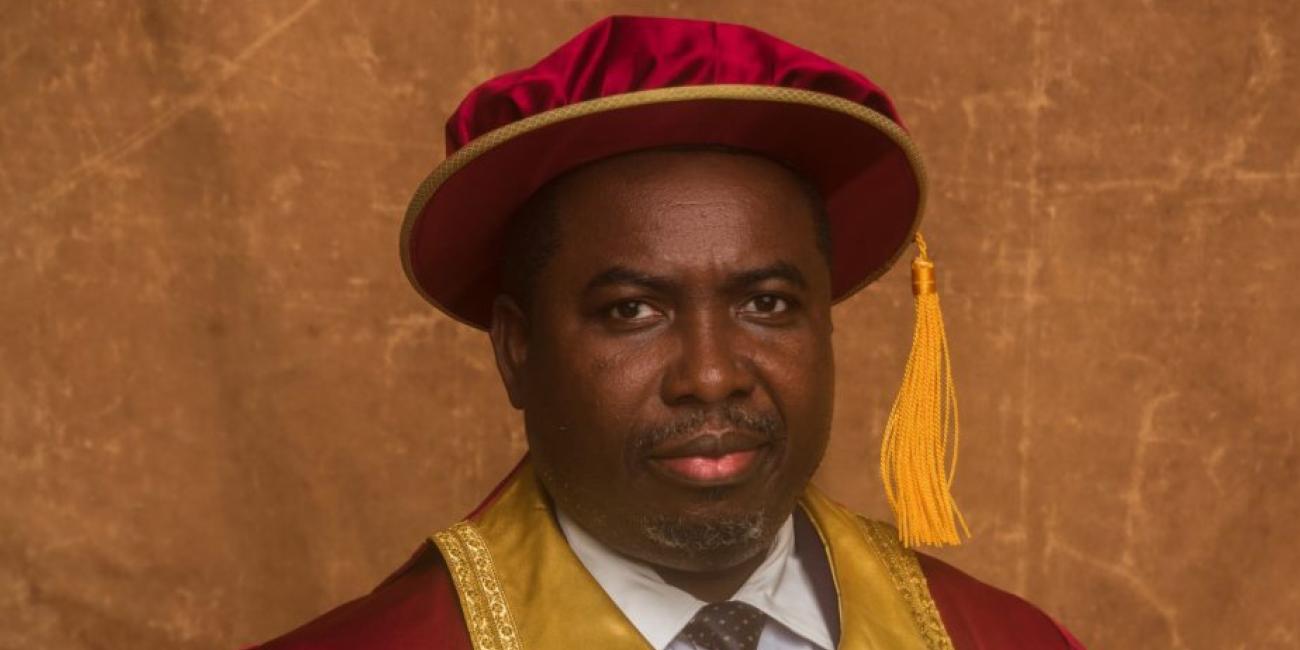
By Dr. Buchi Nnaji
When the National Council of State approved the appointment of Professor Joash Ojo Amupitan, SAN, as the new Chairman of the Independent National Electoral Commission (INEC), it wasn’t just the filling of a vacancy. It marked the beginning of what could either be a reawakening or a deepening crisis in Nigeria’s democratic journey. With the 2027 general elections already taking shape in the minds of the political class and the public alike, Amupitan’s emergence raises urgent questions about institutional integrity, independence, and the real cost of doing what is right.
In 2023, Nigeria bore witness to one of the more defining moments of electoral courage in recent memory. In Abia State, during the tense governorship election, it was Professor Nnenna Oti, the State Returning Officer, who stood as a rare symbol of resistance against political coercion. Amid intense pressure, threats, and desperate attempts at manipulation, she held her ground and declared only the results that could be credibly verified. That insistence on transparency not only affirmed the mandate of the voters in Abia but briefly restored a flicker of hope in a system too often marred by compromise. Oti’s conduct didn’t just stand out because it was lawful, it stood out because it was exceptional.
Now, Nigerians are asking: can Professor Amupitan embody this same resolve, not just in isolated moments, but at scale? And more importantly, can he institutionalize it?
Amupitan brings to the table an impressive academic and legal pedigree. Born in Kogi State in 1967, he rose through the ranks of academia to become a Professor of Law and Senior Advocate of Nigeria. His work spans corporate governance, privatisation law, and constitutional studies. His administrative roles at the University of Jos as Dean, Deputy Vice-Chancellor, and member of numerous governing councils suggest a technocrat with a firm grasp of process and structure.
Yet it must be said that electoral integrity is not guaranteed by titles or experience alone. While Oti operated at the micro level of one state election under extreme pressure, Amupitan is expected to oversee a complex national system vulnerable to entrenched interests, political interference, and logistical dysfunction. Where Oti needed personal resolve, Amupitan needs both resolve and structural resistance. His task is not only to say "no" when it matters, but to build an INEC where the system itself resists distortion, regardless of who is in the room.
There is also the lingering question of appointment legitimacy. Unlike Oti, whose academic neutrality was never in doubt, Amupitan’s emergence has drawn criticism in some quarters, not because of who he is, but how he got the job. As INEC Chairman, he owes his nomination to the sitting President Bola Ahmed Tinubu, whose party will contest in 2027. No matter how qualified he is, this fact alone complicates the public’s perception of his independence. And perception, as history has taught us, can be just as consequential as reality in electoral matters.
Still, his defenders may argue that his clean professional record, legal acumen, and relative distance from the political class are assets that should not be ignored. They may point to his scholarly understanding of the law and his contributions to legal education as signs of a man who values process over politics. Much like Oti, whose personal principles guided her through a storm, Amupitan may find that what Nigerians crave most is principled leadership - not perfection, but fairness, consistency, and the humility to act in the public interest even when the stakes are high.
But unlike Oti’s moment, Amupitan will have no single event in which to prove himself. His test will be cumulative. It will be in how INEC handles off-cycle elections. In whether technologies like BVAS and IReV are strengthened or sabotaged. In how procurement is managed. In how transparent INEC is with its failures. In how it resolves electoral disputes quickly and fairly. And ultimately, in whether Nigerians across party lines feel that their votes count.
The expectation is not that Amupitan will do this alone. INEC is a vast institution. Reform, if it happens, must be systemic. He will need to appoint and support more individuals like Oti, who are independent-minded professionals at the frontline of election delivery. He will need to shield them from political interference and provide the tools and legal backing to act with integrity. And when the system fails, as it sometimes will, he will need to own the responsibility, fix the lapses, and be publicly accountable.
The challenge ahead of him is enormous, and unlike Professor Nnenna Oti, who stepped into a moment of crisis and rose, Amupitan is walking into an institution that is always in crisis, where every action or inaction can tip a nation further toward cynicism or restore some measure of belief.
In the final analysis, history may not remember his credentials. It may not even remember his carefully worded statements or institutional promises. It will remember what the 2027 elections felt like to Nigerians. Whether they believed they were heard. Whether they saw justice done. Whether they saw in him the same courage they saw in Professor Oti, or a retreat into the familiar disappointments of electoral compromise.
In Professor Joash Amupitan, Nigeria has chosen a scholar. Whether it has also chosen a reformer remains to be seen. But the window to prove it is short and closing fast.
Dr. Buchi Nnaji is a Chemical Engineer, Media Expert, and CEO of AnchorNews Online.
He writes on issues shaping society, technology, and policy with a focus on informed public discourse.

Leave a Reply
Your email address will not be published. Required fields are marked *
Category
 Sports
Sports  Technology
Technology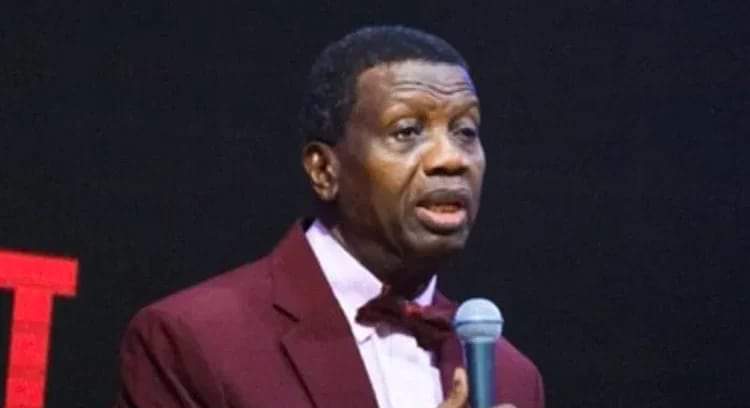 Religion
Religion 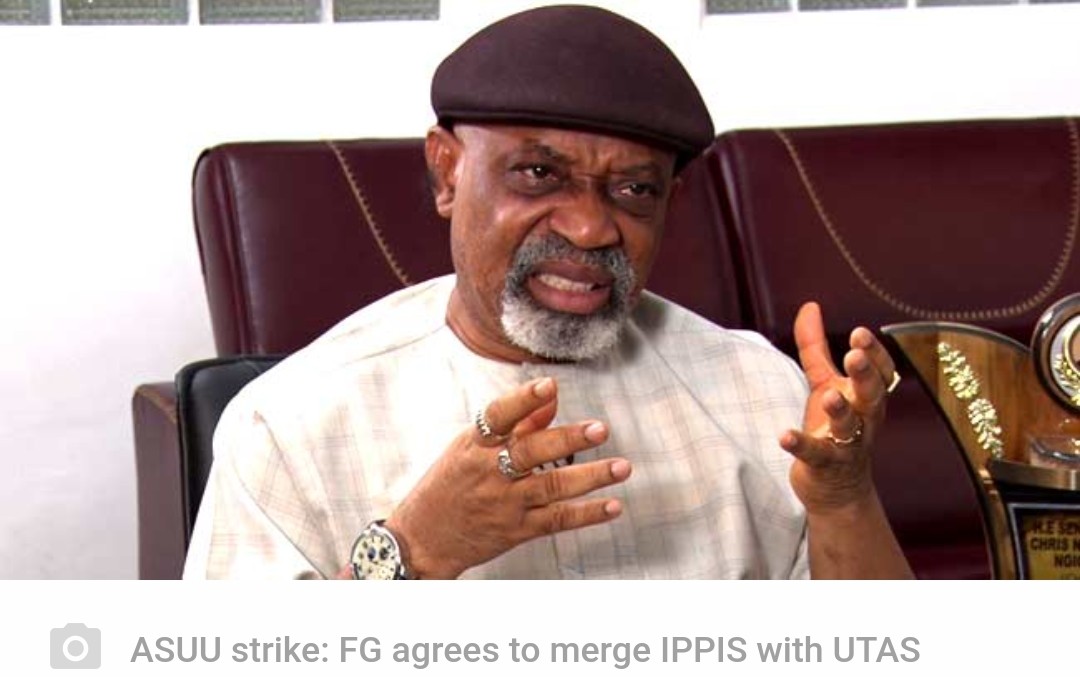 News
News.jpeg) Interviews
Interviews Crime & Security
Crime & Security Culture & Tourism
Culture & Tourism Opinion
Opinion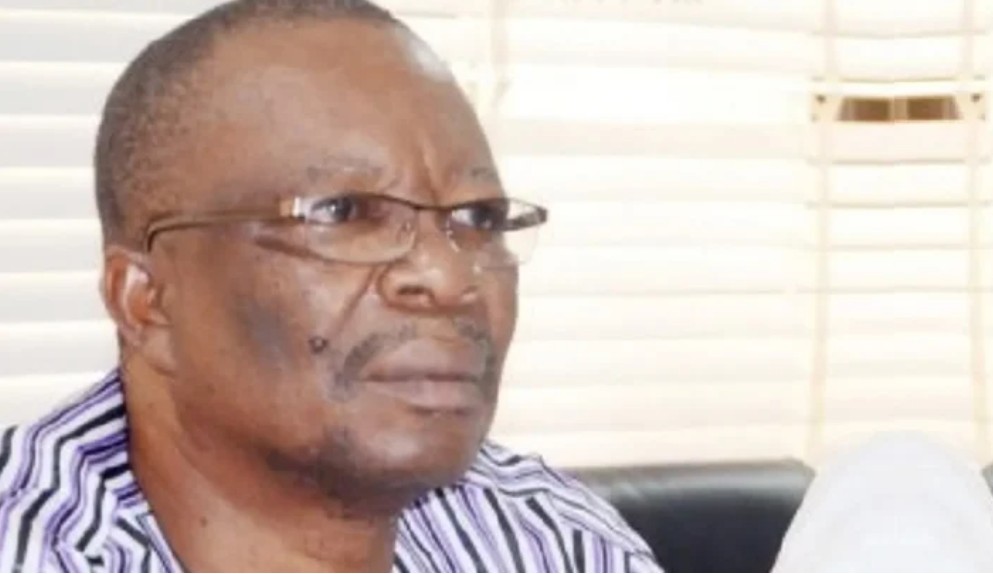 Education
Education  Business & Economy
Business & Economy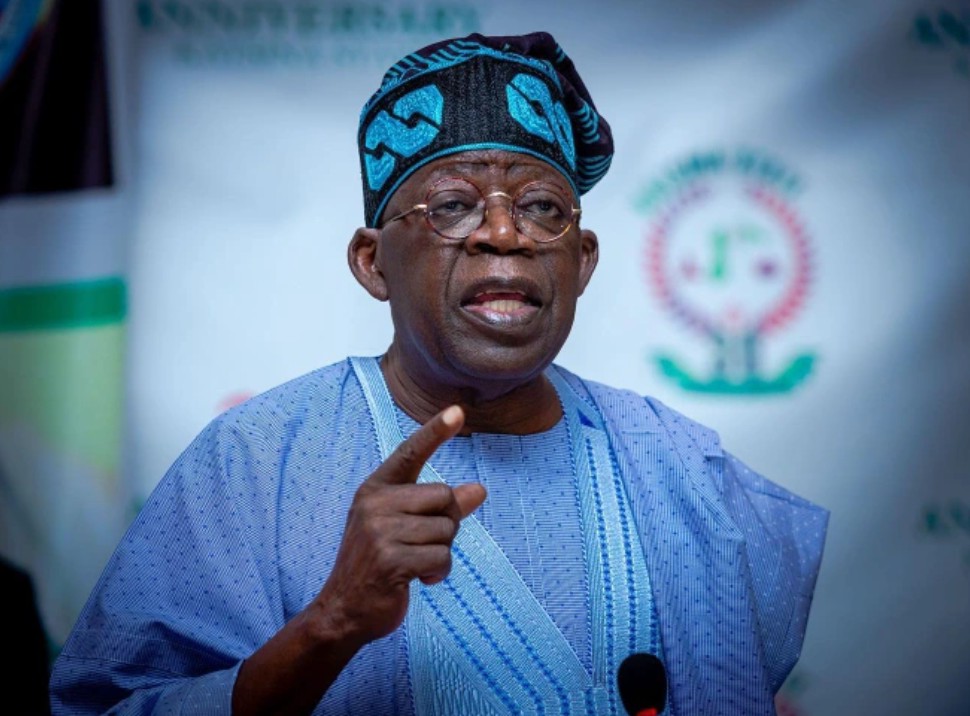 Politics
Politics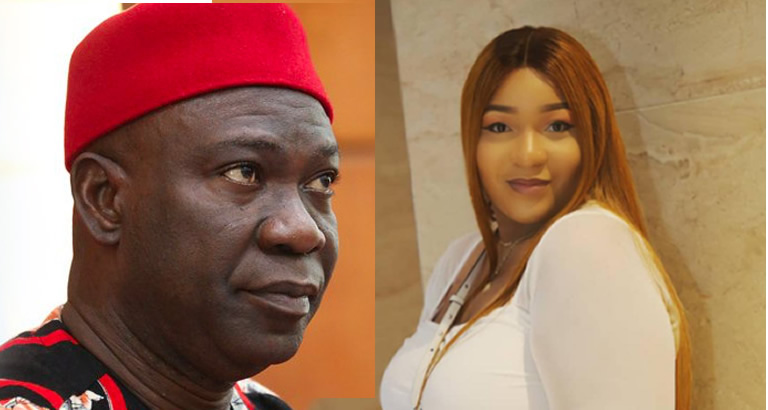 Health
Health Entertainment
Entertainment